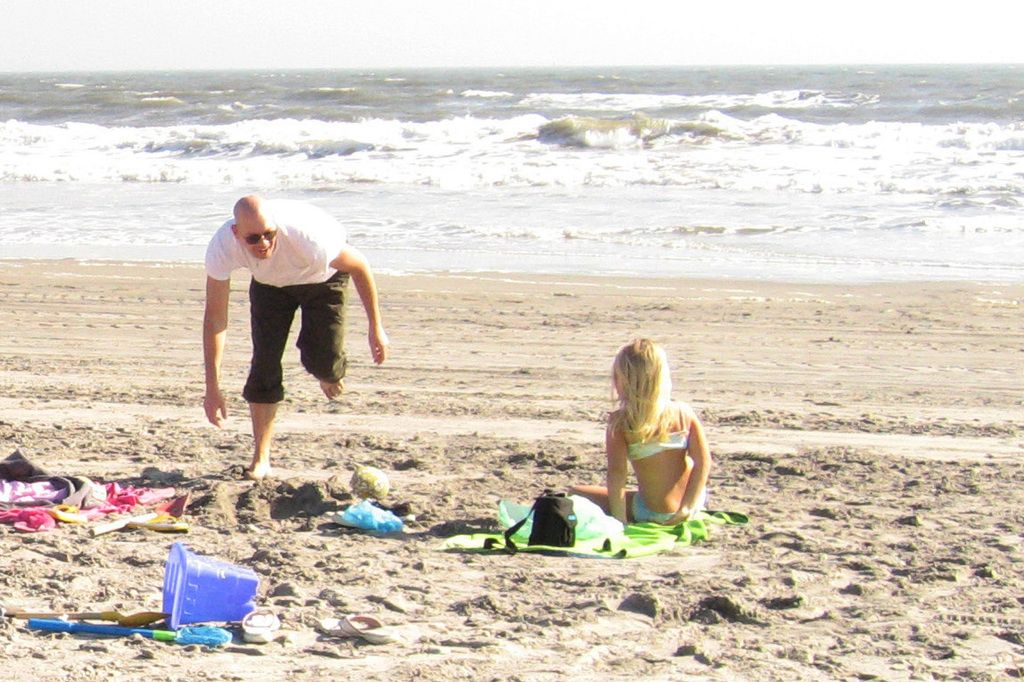A Peek into the Cost Structure of Education in Nigeria
Strategies for Financing Your Child's Studies in Nigeria
Nigeria boasts a diverse range of educational institutions with varying tuition fees and amenities.
Public Institutions vs. Private Institutions
Public universities are substantially funded by the government, ensuring lower tuition fees. They cater to a wide spectrum of students while confronting common challenges such as inadequate funding, leading to periodic disruptions [1][4].
On the other hand, private universities receive funding from private entities, corporations, or religious bodies. As a result, they haven't any reliance on government funds, enabling autonomy over the curriculum and investment in modern facilities. Tuition fees at private universities typically exceed public institutions, with yearly rates varying from hundreds of thousands to millions of naira [3].
Enhancing the Learning Experience vs. Cost Efficiency
Private universities often provide competitive advantages such as smaller class sizes, personalized attention, and cutting-edge facilities, bolstering the overall learning experience [2]. Yet, these amenities come at a premium, making private institutions a steeper investment for students.
It's crucial to weigh affordability against quality when choosing an institution, in light of the unique advantages that each type of university presents.
Factors Influencing Education Costs
- Financial Support from Government: The level of funding and support accorded to public universities affects the overall cost structure of education within these institutions. Insufficient funding can impose additional financial burden on students or reduce the services provided [4].
- Operational Autonomy: Private universities appreciate a greater degree of flexibility in managing resources and setting tuition fees, facilitating investment in modern facilities and specialized programs [1][2].
- Market Demand and Supply: The high demand for higher education in Nigeria tends to outpace the supply, driving up costs at private institutions [4].
- Currency Fluctuations and Inflation: Economic factors including currency depreciation and price index escalations affect the overall cost of living and studying at both public and private institutions [3].
Ultimately, potential students and their families must carefully evaluate their priorities when choosing an institution–– considering both fiscal efficiency and educational quality.
[1] Akinboyo, A. (2019). Tertiary Education Policies in Nigeria: An Examination of Public and Private Universities. International Journal of Education and Literacy Studies, 11(9), 11-25.
[2] University World News. (2021, January 7). Private philanthropy emerged to fill funding gaps for high-quality African university education. Retrieved from https://www.universityworldnews.com/post.php?story=20210107121241784
[3] Eloka, C. A., & Eberekpoya, F. (2018). An Examination of Private Universities in Nigeria: The Challenges and Prospects. Journal of Business and Management, 18(1), 244-253.
[4] Oyebanji, A. A. (2016). The Challenges, Problems and Solutions to Public University Education in Nigeria: An Empirical Study of Adekunle Ajasin University, Akungba-Akoko. International Journal of Educational Research and pursuit, 8(1), 7-26.
- In the midst of diverse family dynamics, discussing the financial aspects of a kid's education becomes essential, especially in the context of the wide-ranging costs in Nigeria's educational institutions.
- Establishing good discipline and fostering responsible behavior are key aspects of parenting, but so is ensuring the safety and academic success of children through informed decisions about schooling options.
- As families navigate the cost structure of schools, both public and private, they must remember that the quality of education a child receives can significantly impact their future personal-finance management skills.
- While public schools cater to a broad spectrum of students with lower tuition fees, the learning experience may sometimes be compromised due to inadequate funding, which parents should take into account.
- On the contrary, private schools offer personalized attention and advanced facilities, which can bolster children's learning, though they come with higher price tags.
- As families consider their kid's education, they must strike a balance between providing quality education and ensuring financial stability, ensuring that their children have a strong foundation for the future.






